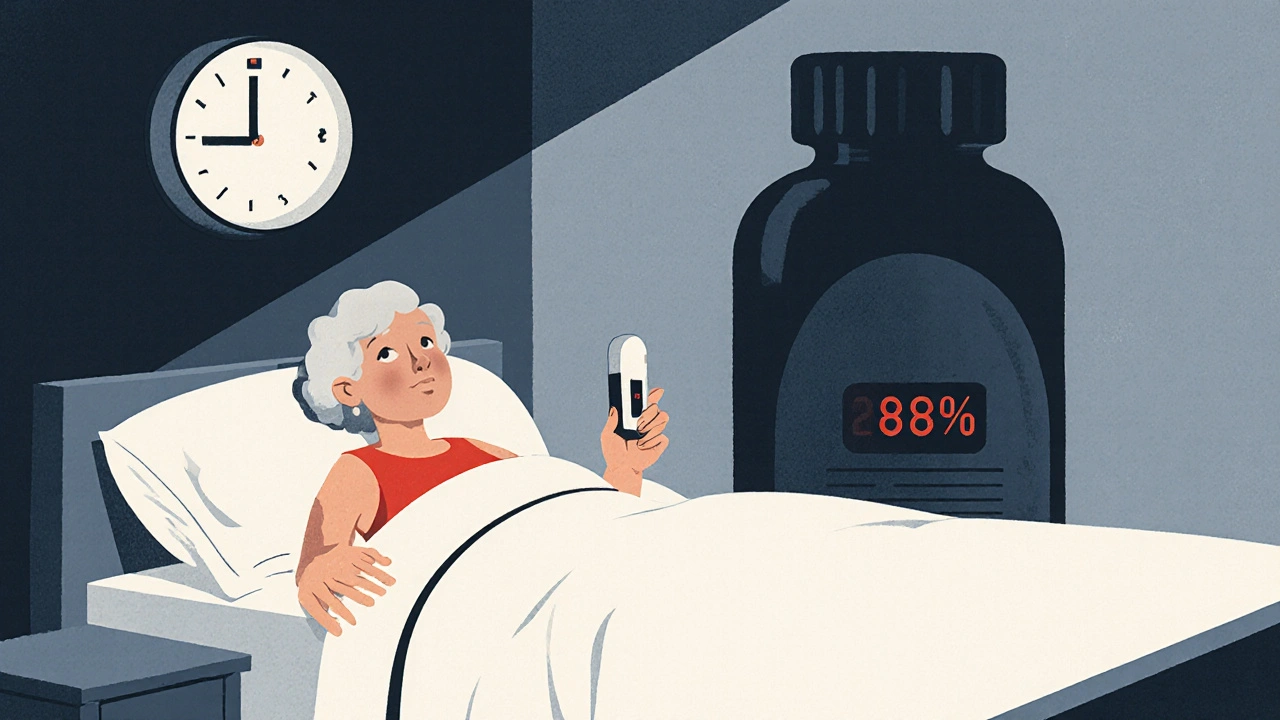CNS Depressant Risks: What You Need to Know About Sedatives and Overdose Dangers
When you take a CNS depressant, a class of drugs that slow down brain activity to reduce anxiety, induce sleep, or relax muscles. Also known as central nervous system suppressants, they include prescription sedatives like benzodiazepines, barbiturates, sleep aids, and even alcohol when used heavily. These aren’t just sleepy pills—they’re powerful tools that can shut down your breathing if misused. And the danger doesn’t come from taking one too many pills. It comes from mixing them.
Benzodiazepines, a common type of CNS depressant used for anxiety and insomnia, are safe when taken as directed. But combine them with alcohol, a legal CNS depressant that amplifies the effects of prescription sedatives, and you’re asking for trouble. The same goes for opioids, muscle relaxants, or even some over-the-counter cough syrups. These combinations don’t just make you drowsy—they can stop your lungs from working. Every year, thousands end up in emergency rooms because someone didn’t realize how quickly these drugs can team up to kill. Even people who’ve taken their meds for years can suddenly develop dangerous tolerance, leading them to take more—and then slip into respiratory failure without warning.
What makes CNS depressant risks so sneaky is that the signs don’t always scream danger. Slurred speech, confusion, slow reflexes, or forgetting to eat or take other meds? These aren’t just "off days." They’re early red flags. If you’re on a sleep aid and still feel groggy at noon, or if your doctor just added a new painkiller to your list, you’re already in a higher-risk zone. The body doesn’t handle multiple depressants well, even if they’re from different pharmacies. And here’s the thing: most people don’t think of alcohol as a drug in this context. But it’s one of the most common culprits in fatal interactions.
That’s why the posts here focus on real-world dangers—not theory. You’ll find guides on how opioid pain meds and sleep pills interact, why mixing anxiety meds with alcohol is a silent killer, and how even small doses can become deadly over time. You’ll see what to look for in someone who’s slipping into overdose, how to spot hidden risks in your own medication list, and what alternatives exist for managing insomnia or anxiety without pushing your CNS into shutdown mode. This isn’t about fear. It’s about awareness. And if you’re taking any of these drugs—or caring for someone who is—this collection gives you the facts you need to stay safe.
Respiratory Depression from Opioids and Other Medications: Critical Signs You Can't Ignore
Respiratory depression from opioids is a silent, life-threatening side effect that can happen even with prescribed medications. Learn the critical signs, who’s at risk, and what to do before it’s too late.
Read more
